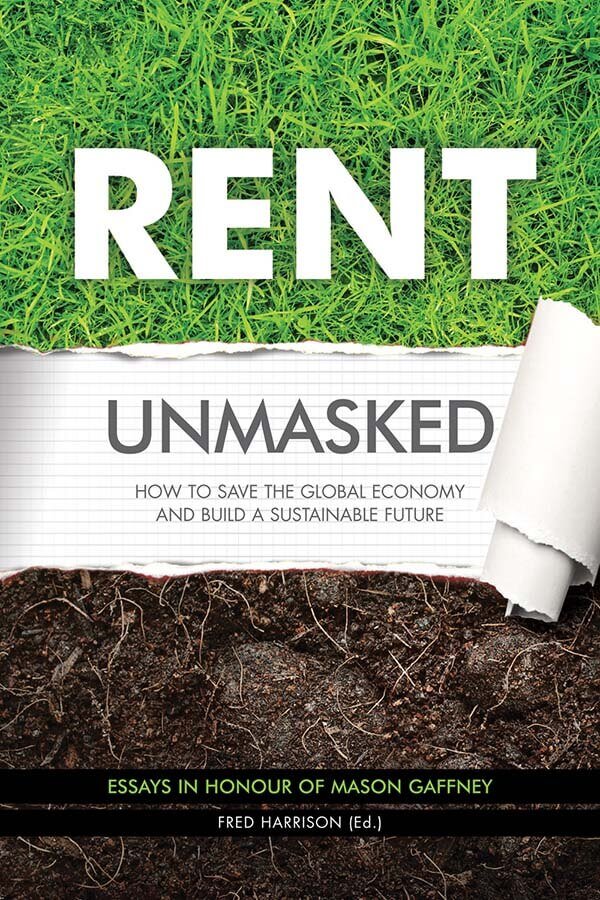There were almost daily warnings following the shock Brexit result that Britain would be heading for a recession. Responding to this the Bank of England cut interest rates to a historic low of 0.25%. So fixated are economists on monetary policy to boost economic activity that little attention has been given to how tax reform could deliver better results. Two of our recent releases contain answers to the problem of the shrinking economy.
“One of the most important but underappreciated ideas in economics is the Henry George principle of taxing the economic rent of land”, Joseph Stiglitz argues. The essays in Honour of Professor Mason Gaffney in Rent Unmasked (ed. Fred Harrison) bring Henry George’s 19th century analysis into the mainstream of 21st century policy analysis. For further information read some of our earlier blog posts.
Long ago Adam Smith made it clear that how taxes are raised can dampen or promote prosperity. Modern economists call the damaging side-effects which stifle economic activity ‘deadweight losses’ which the Treasury reluctantly admits runs to around 30%.
In From Here to Prosperity Thomas Burgess suggests raising the income tax threshold to £32,000, lifting some 80% of employees out of PAYE. This would give the low paid an immediate pay rise, at no cost to the employer who will benefit from a reduction in the cost of collecting the tax, as would the Treasury. Other candidates for abolition are NIC, stamp duty and corporation tax, removing their deadweight loss, while boosting the economy and tax revenues.
How can the lost income be recouped? By changing the basis on which council tax and business rates are assessed to reflect the market-determined ground rent – ch7 of Rent Unmasked. This would simultaneously remove the deadweight loss of two more taxes which currently penalise property improvements.
The land-value tax produces no deadweight loss, is equitable and naturally progressive, as those with the most valuable properties benefit most from amenities provided by society – a good free school nearby can add £200,000 to the value of a property (The Times, 27/05/2016). It is infinitely gradable unlike other arbitrary tax bands which distort economic activity. It is efficient, easy to assess, inexpensive to collect and pay, and virtually unavoidable. The taxpayer benefits too, paying the market-determined price for the societal benefits he/she wishes to enjoy.







